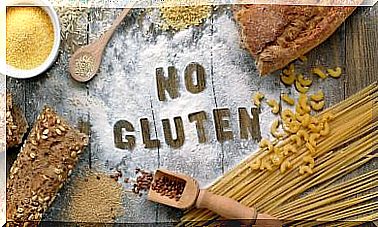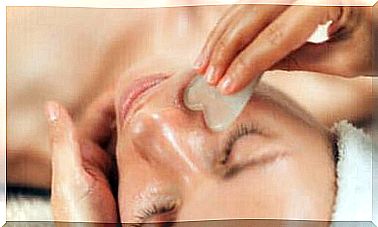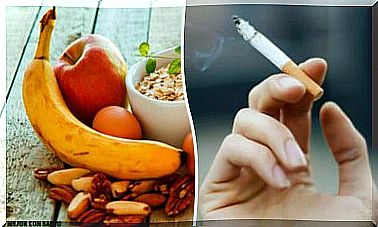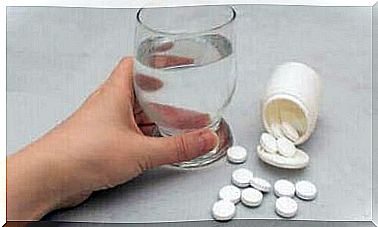Cataract Symptoms And Natural Remedies
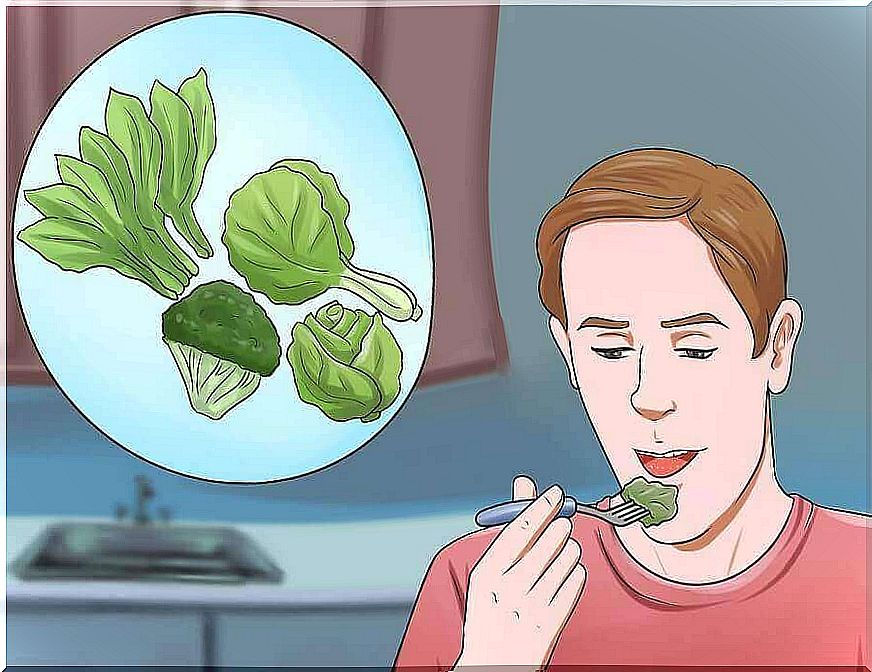
How good would you say your eyesight is? Most of us would like to think it is exceptionally good and that it will stay that way for a long time. However, cataracts occur in 40 percent of people over the age of 60. Learn about the symptoms of cataracts with this article.
The problem gets worse over time. Thus, it is important to pay attention to what is happening to your eyes. As soon as you notice something strange, you should have an eye examination.
If you notice this problem in time, you may have a great chance of preventing it from getting worse.
What is cataract?
Cataract refers to small accumulations in the human eye that, when they appear, cloud the lens of the eye and gradually continue to grow.
Detection of these problems is normal as early as age 40, although they begin to intensify at age 60.
Symptoms of cataracts
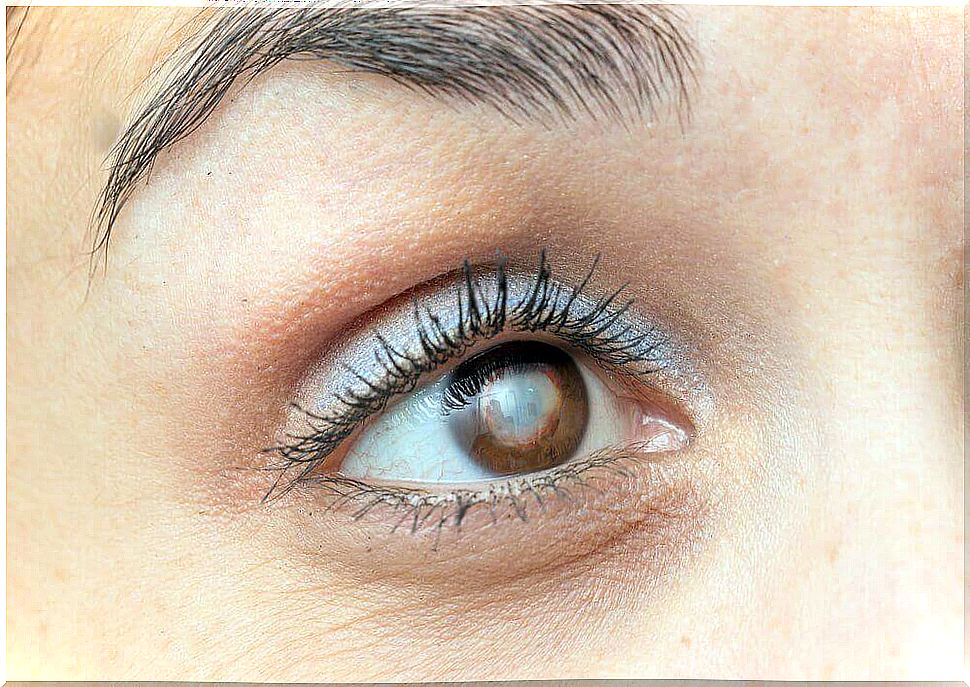
When cataracts start to appear, you will notice small changes in a small area of the eyes. Over time, you will notice a decrease in vision or a feeling that there is something in your eye.
The most common symptoms are:
- Blurred vision
- Photosensitivity
- Difficulty seeing in the dark
- Seeing beams or shadows around lights
- Seeing with a damaged eye in duplicate
- Constant changes in lenses
- Difficulty reading with white background
Natural Remedies For Cataracts
As we mentioned earlier, it is possible to prevent cataracts by taking good care of the eyes and maintaining healthy habits. While there are some factors that have a big impact that we can’t influence, such as genes, there are always things we can do to prevent and treat cataracts.
The best natural remedies to fight cataracts are:
1. Minimize the use of harmful substances

The eyes are a very sensitive organ and they also suffer from substances that are harmful to the body. Because cataracts are an accumulation of waste in the eyes, it is important to avoid or limit the following:
- Alcohol. Alcohol consumption does not only harm the liver. Blood circulation can cause waste to enter the eyes and can cause eye health to worsen over time.
- Tobacco. If you are a regular smoker, it is important to stop it, because just like alcohol, it can cause waste to get into your eyes.
In the case of tobacco, the most important thing is to avoid contact with tobacco smoke. Think about what all gets in your eyes when you smoke or when someone close to you burns.
- Chemicals. Do you use eye drops without a prescription? While it may seem that there is no harm in doing so, the ingredients in such products can cause problems.
If your eyes are dry or you notice irritation, see an ophthalmologist to find out if you need a different treatment.
2. Eat fresh fruits and vegetables daily
Do you usually eat frozen or highly processed foods? It may be a good idea to change this habit and try to eat fresh fruits and vegetables.
These foods are full of natural chemicals called phytonutrients. Their job is to maintain eye health and slow the onset of eye diseases such as cataracts.
- If you don’t like raw vegetables, try to include them seasoned in salads.
- As for the fruits, make sure you don’t eat them too much as it can cause a spike in glucose levels.
3. Include vitamin A in your diet
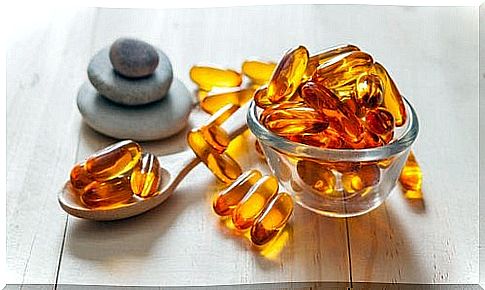
Vitamin A is usually associated with eye health. If you don’t get enough of it, your eyes will start to show signs of deterioration and it will cause cataracts, damage the retina, and weaken the fundus.
Some options for getting vitamin A include:
- Carrots
- Leafy vegetables
- Sweet potatoes
4. Foods high in vitamin C.
Another group of foods that reduces the risk of developing cataracts is foods that contain vitamin C. This vitamin is just as important as vitamin A and should be obtained as fresh as possible.
If you suffer from a severe deficiency of this nutrient, you should take a supplement every day. If not, make sure you include two or three of the following options in your diet:
- 75 g of raw chopped peppers
- 1 orange or 2 tangerines
- 75 g pineapple
- 1 grapefruit
- 6 strawberries
- 1 tomato
- 150 g of raw broccoli
- 12 grapes
5. Take a special vitamin supplement

There are many types of multivitamins available in any pharmacy or supermarket. We recommend that you take one multivitamin specifically made for better vision.
These should be clearly marked as intended to improve vision, but if they are not, check that they contain lutein. They should be relatively inexpensive and help you prevent other problems in addition to cataracts.
If you are not sure which is the best option for you, see your ophthalmologist for recommendations.
6. Foods containing omega-3 fatty acids
Regular eating of fish and other foods containing Omega-3 fatty acids reduces the risk of developing cataracts. The recommended minimum amount is to eat one serving of one of the following foods daily:
- Sardines in oil
- Chia seeds
- Salmon
- Tuna
- Wood nuts

